News
Social media worse for mental health than we thought

- December 5, 2018
- Updated: March 8, 2024 at 12:18 AM

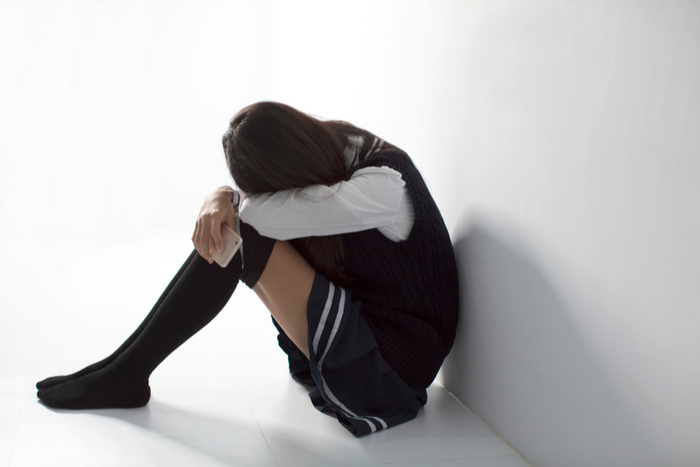
The link between social media and our collective mental health has been the focus of news coverage since Tom’s My Space was the biggest name in the game.
But, many of these worries have been more speculation than fact. Social media is still relatively young, so its full-blown effects remain something of an unknown.
But, as it turns out, social media can do a number on our brains.
A recent study from the University of Pennsylvania found that Instagram, as well as Facebook and Snapchat, might not be so good for our well-being.
In fact, the research revealed a causal link between the time we spend on social media and an increase in loneliness and depression.
Here’s a look at how, if we’re not careful, social media can affect our overall mental health.
The impact of social media on mental health
Why is Instagram the “worst” social platform?
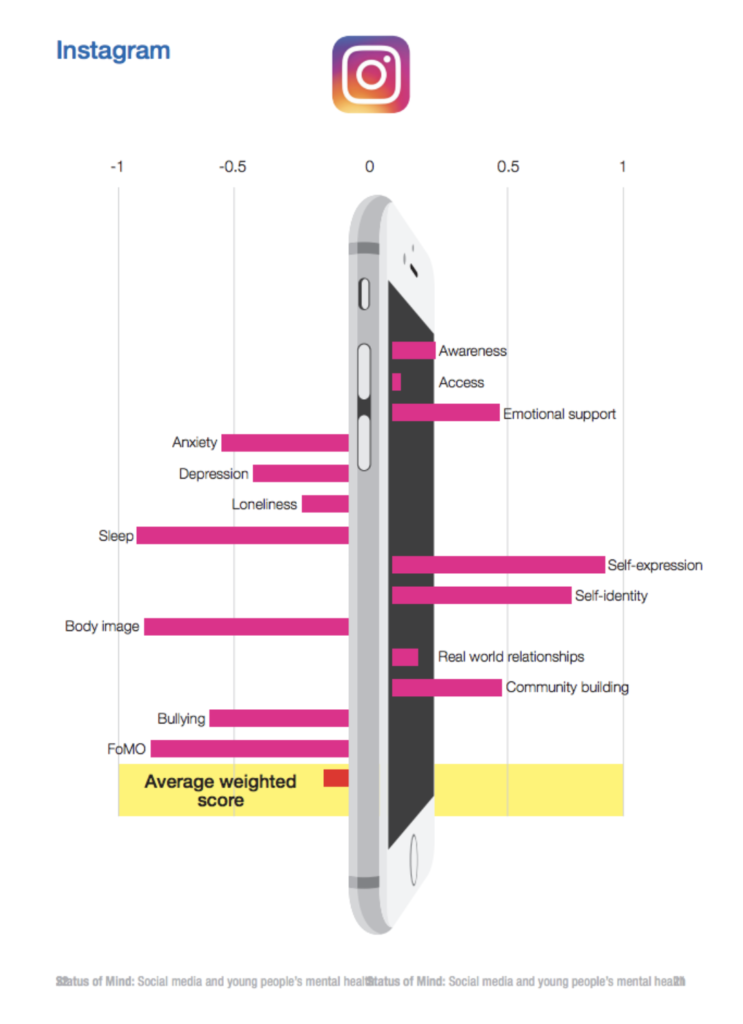
What’s interesting about the ill effects of Instagram is, it’s supposed to be a positive force. It’s all bright colors, beautiful food, and many of the top posts boast messages of self-love or inspirational affirmations.
But that may well be the big issue with the platform. In 2017, the Royal Society for Public Health, a nonprofit focused on well-being found that of the top social platforms, Instagram had the most negative impact on 18-24-year-olds.
Participants in the UK survey stated that the photo-sharing app came equipped with a negative impact on sleep and a hefty dose of FOMO.
Instagram’s emphasis on positivity has resulted in a platform of users that use the tool to present the best version of themselves. Users edit pictures, selected from a lineup of rejects, and upload vacation highlights, #fitspiration, and their prettiest meals.
As such, those scrolling at home feel as though all of their friends are off living this glamorous life—without them.

How to stay positive when social media brings you down
Read Now ►Body image is just the beginning
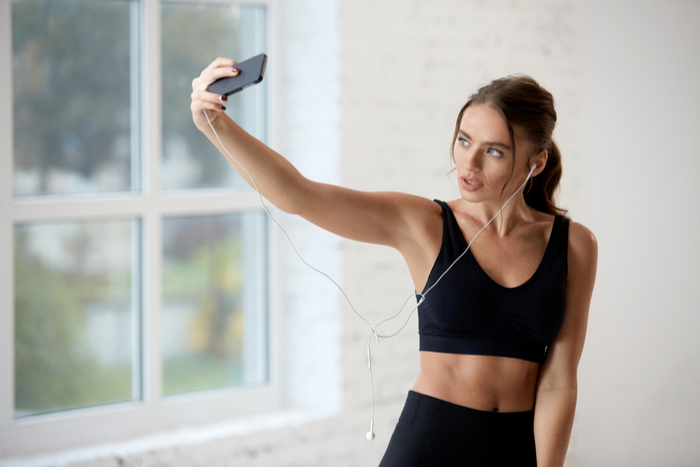
The combination of face-tuning, fit-spiration, and glamorous influencers has undoubtedly had an effect on body image–particularly for girls and young women.
This Dazed Digital article cited research from Carmen Papaluca, a researcher from the University of Notre Dame in Australia, who focused her Ph.D. on Instagram and its effects on 18-25-year-old women. Inspired by studies suggesting the platform’s risk factors, Papaluca wanted to dive deeper into how the visual platform and its effects on overall well-being.
She found that the girls were dealing with more than the common issue of wanting to look like someone else; it was more about wanting someone else’s life altogether.
The University of Pennsylvania study we referenced above uncovered similar results as Papaluca’s research. Their experiment split student participants into two groups–with one group limited to 10 minutes of social media activity per day, while the other group going about their social business as usual.
The students who limited social media use saw a reduction in symptoms of anxiety and depression. One participant said they felt much better about themselves during the three-week experiment, as they no longer were comparing their lives with others.

Instagram guide for parents
Read Now ►The FOMO factor is strong
The fear of missing out–FOMO–concept sounds a bit silly, but its effects are the real deal. With social media, we now have this portal into our friends’ lives, and often, we see them spending more time with other people than they do with us.
Two studies from the University of British Columbia looked closely at the effects of FOMO. One found that 48% of student participants believed that their friends had more close friends than they did themselves.
The second study found that those students who felt less social than their friends had a lower sense of wellbeing and belonging.
On a positive note, researchers mentioned that the negative feeling could motivate students to get out there and socialize.
Censoring yourself takes a toll, too
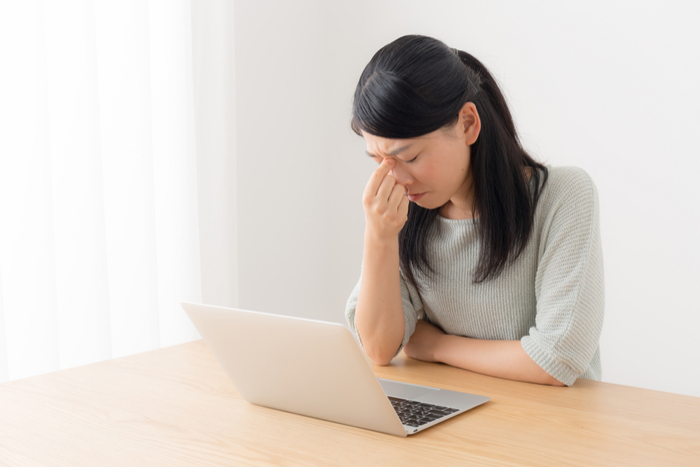
In general, we think before we speak. And, with social media, we often overthink before we type. According to researchers from Carnegie Mellon University and Facebook, 71% of surveyed users self-censored at least one post or comment over a 17-day period.
While this may sound like a good thing—and perhaps more of us should do this before blasting out our opinions on social media—there’s also a downside.
We’re tailoring our comments to fit into what we assume our audience wants to hear. So beyond trying to use language that won’t offend (probably good) we’re also trying to conform to a set of standards that may be at odds with our sense of self.
Final thoughts
As we spend more time on social media, we’re beginning to understand more about its impact on our mental health and wellbeing.
The RSPH report found a lot of positives associated with social media—from emotional support to community building, so it’s not like it’s all doom and gloom. And, according to their report, YouTube’s only real negative effect was that participants stayed up too late watching videos.
However, between bullying and body image issues, as well as anxiety, depression, and loneliness, we may need to start arming future generations with a better toolkit for mitigating the ill effects linked to Instagram, Facebook, and the rest.
For those of us already entrenched in FOMO hell or sad scrolling, it may well be time to rethink how we approach our use of the platforms. Follow real friends only and skip the influencers, save for a few pet accounts. And, perhaps consider imposing your own 10-minute limit on use.
Grace is a painter turned freelance writer who specializes in blogging, content strategy, and sales copy. She primarily lends her skills to SaaS, tech, and digital marketing companies.
Latest from Grace Sweeney
You may also like

Quebec Dealership’s 4,000 Vehicle Sales in a Weekend Raises Eyebrows
Read more

The CEO of Anthropic claims AI will write 90% of code within just 6 months
Read more
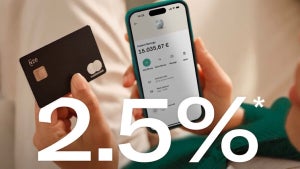
N26 launches one of the highest-interest savings accounts available today
Read more

9 tips for safer driving at night
Read more

Ford Enhances F-150 Lightning Charging With Over-the-Air Update
Read more

The next Circle to Search update could improve auto-translation: here’s what we know
Read more